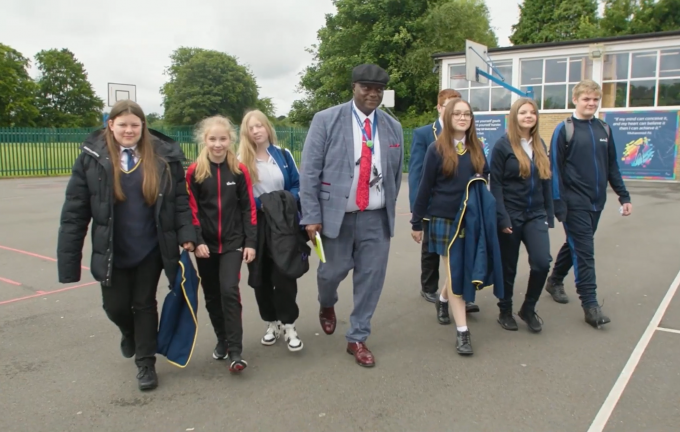The importance of understanding cause-and-effect
Children and young people break rules, hurt others, and act in other socially unacceptable ways at times.
At Thrive, we understand that until they have a secure understanding of cause-and-effect, any punishment or consequence will have little impact on changing their inappropriate or disruptive behaviour.
Being mindful of the developmental stage (as opposed to the age) of each young person is a theme that’s woven through all Thrive training. It supports you to help pupils understand why they behave the way they do, to develop empathy towards others, to learn to take responsibility for their actions, to develop robust and reliable coping strategies and ultimately, to improve their behaviour and engage with their learning.
To support children and young people to manage their own behaviour, we’d recommend that as many professionals are supported by Thrive training as possible.
Here are some additional considerations:
- Establish the non-negotiable and negotiable rules at the start of each academic year and re-visit at least half-termly
- Focus on the values, rights and responsibilities of the school when establishing these boundaries in conversation with children and young people
- Take time to recognise and record positive behaviours and attitudes
- Seek to catch children and young people doing the right thing and enhance this
- Remind children and young people that their actions impact on others and that they have a responsibility to safeguard others’ rights
- Seek both resolution and learning when dealing with incidents
- Give children time and space to resolve the situation
- Remember that children and young people benefit from a clear structure within which to learn
- Use sanctions only as a form of appropriate, proportionate and positive intervention
- Keep in mind that any sanction used is to resolve rather than escalate a situation whilst preserving the dignity of all involved
- Apply any sanctions compassionately and in a fair and consistent way
- Design rewards and certificates to recognise children and young people doing the right thing
- Promote intrinsic motivation by rewarding the process of learning rather than the output of an activity
- Attune to and validate the feelings that are driving the behaviour
- Support children and young people to develop healthier and more socially acceptable ways of communicating their needs

Over to you
At Thrive, we’ve been supporting educators to tackle behaviour for over 25 years. If you’re seeking calmer classrooms, engaged learners and improved attainment, click here to book a Discovery Call with your regional expert. Designed to fit in around your schedule, these free 30-minute conversations via Teams give you a chance to have your questions answered, decide if our service is a fit for your needs, and identify if you qualify for a £1,200 DfE grant to spend in your setting.
Pass it on
Small actions can lead to a big ripple effect. If you enjoyed this post or found it helpful, please consider supporting us in our mission to help every child and young person feel safe, supported and ready to learn by sharing it using the social media buttons below.
Want to join a like-minded community of senior leaders and classroom staff benefitting from insights and strategies to improve attendance, behaviour and attainment? Add your email address below. (It’s easy to unsubscribe).



_680.jpg)

(1)_680.jpg)
